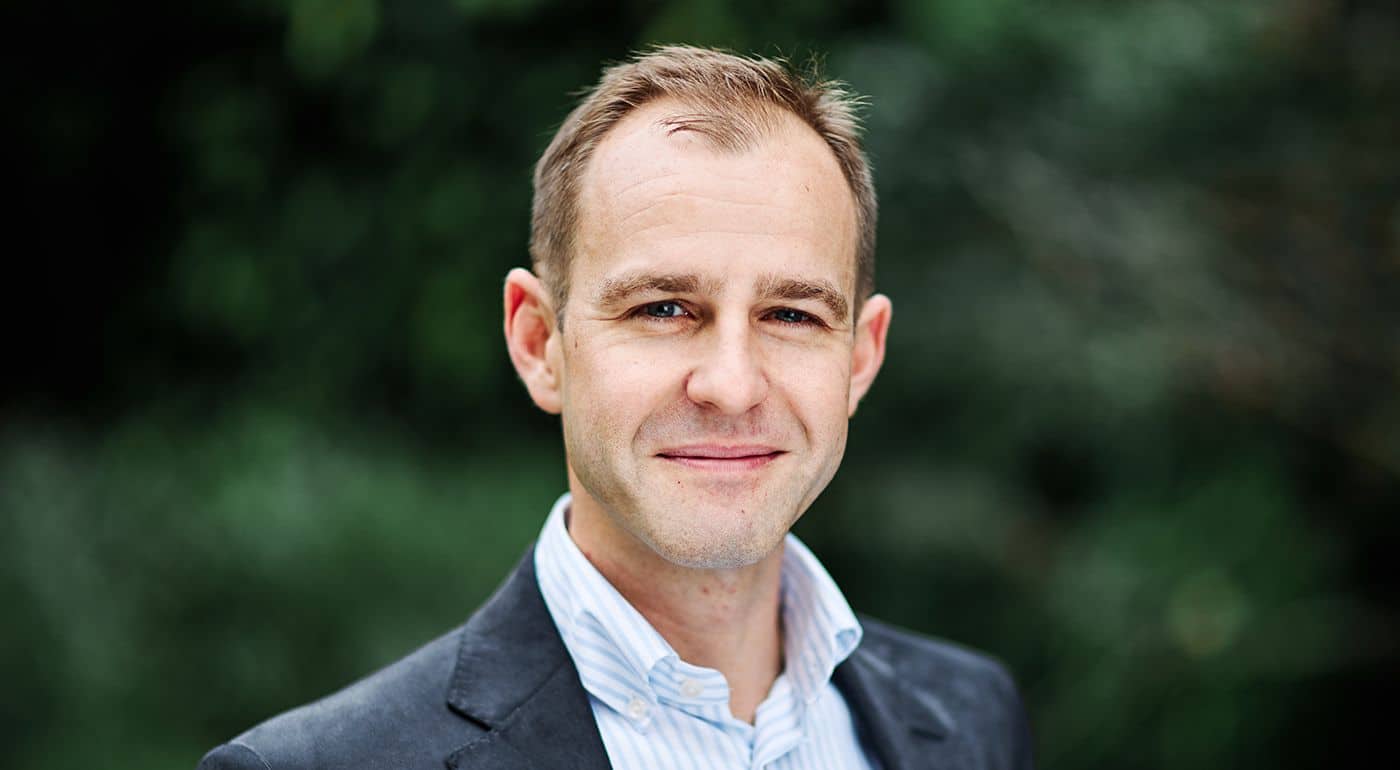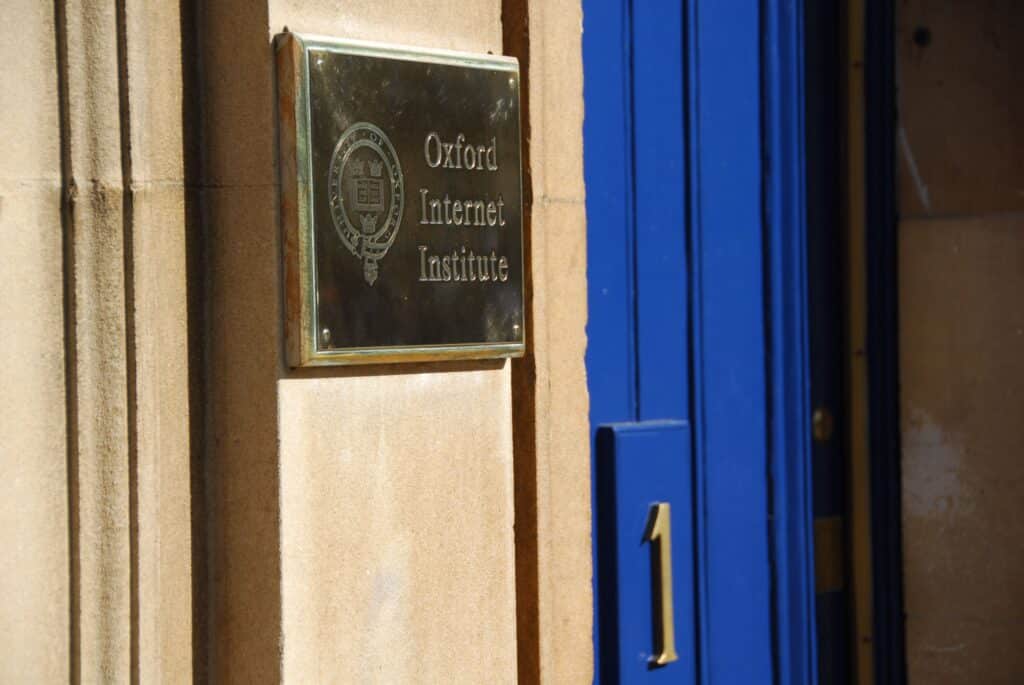In Conversation With…Andrew Przybylski, Professor of Human Behaviour and Technology at the Oxford Internet Institute
March 2025

Andy knew from an early age that he would pursue a career in science: “As a child, I was a big fan of Star Trek, read Foundation, and similar subjects. My father took me to my first academic science conference at Stony Brook University when I was 9 years old. The topic, soil hydrology, was esoteric, but all these older scientists were so engaged in spirited discussion. It was a key moment seeing how much impact scientific research could have.”
Andy attended the University of Rochester in New York, where he studied Religion and Classics, alongside Psychology. It was the influence of his Psychology professor that launched him into the world of research on the impact of technology on wellbeing: “I had digitised all my professor’s VHS tape recordings of his classes so students could watch recordings of the classes they had missed with better flexibility. Years later, this same professor reached out for my assistance when he wanted to test a theory on life and online behaviour. I started looking at the research myself on topics like addiction to MySpace or motivational appeal of Everquest but found there was a general lack of causal evidence. My goal then became to conduct research on the issue with better methodological standards to eventually share evidence-based advice.”
After his bachelor’s degree, he moved to Germany, then to the UK where he was a Research Lecturer at the University of Essex for three years. In 2013, he joined the Oxford Internet Institute (OII): “I was Chair of Departmental Research Ethics Committee for four years then Director of Research for another half decade. In 2022, I became Professor of Human Behaviour and Technology.” For over six years, Andy and his OII team have focused their research on Adolescent Wellbeing in the Digital Age and have informed public policy initiatives in the sector. When asked about his responsibilities, he says: “My objective is to help the researchers in my group to find support and grants for their ideas, so I advise them on their arguments, which is part of a longer-term strategy to advance what we know and don’t know about the impact of emerging technologies. I also do my best to make sure they’re meeting with the right people with aligned interests.”

Andy highlights their findings on the impact of technology on wellbeing: “We’ve learned that people have very strong prior beliefs about the positive and negative effects of technology. The second thing we learned is that the value of industry data has been woefully miscalculated, and that intervention research is the future for this field if we want to get to causality. On the topic itself, we have found that the quality of engagement with online environments is more important than quantity; the reason behind engagement with social media is more important than the content; and that the way parents and young people discuss rules around technology is more impactful than the rules themselves.”
Andy engages daily with industry leaders in the social media, games, AI industry, and other stakeholders in the future of digital humanity. Throughout his career he has had opportunities to move into the financial or technology sectors, but he has chosen to remain in academic research. Today the transition rate of STEM graduates into teaching and research positions is at its lowest. He acknowledges that financial security plays a key factor but advises young STEM graduates to keep their eyes open: “It’s important that you choose what you’re going to do and think about how it aligns with your values.” Andy further points to the pivotal role that private philanthropy plays for researchers: “It allows for creativity and the flexibility to better align the academic, industry, and policy timelines. Private philanthropy also helps launch the careers of young researchers.”
Since 2019, the Huo Family Foundation has been supporting the research programme led by Professor Andrew Przybylski at the Oxford Internet Institute with grants of c.£1.3M.